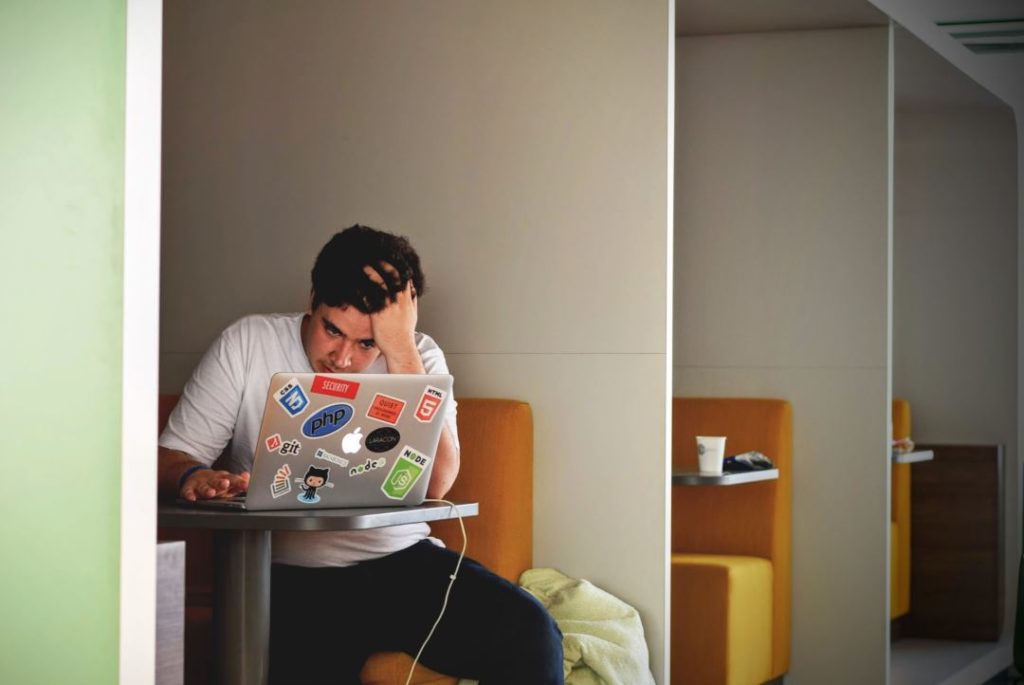 You may feel there’s nothing you can do about stress. There are always important things to do, bills to pay, and never enough hours in a day to satisfy demands of work and family. All these demands on your time can make you anxious, angry, frustrated – negative emotions that are manifested due to “stress”. Stress management is all about taking charge: of your lifestyle, thoughts, emotions, and the way you deal with problems. No matter how bad it might seem, there are things you can do to relieve the stress and regain control.
You may feel there’s nothing you can do about stress. There are always important things to do, bills to pay, and never enough hours in a day to satisfy demands of work and family. All these demands on your time can make you anxious, angry, frustrated – negative emotions that are manifested due to “stress”. Stress management is all about taking charge: of your lifestyle, thoughts, emotions, and the way you deal with problems. No matter how bad it might seem, there are things you can do to relieve the stress and regain control.
If not managed properly, stress can impact your mental and physical health. Living in a state of continuous stress, without any relief or relaxation, can give rise to many health complications. From headaches to chest pain, from sleeping disorders to high blood pressure, stress can be very harmful and can negatively affect your body’s ability to cope with diseases. Below are the some of the ways to reduce stress.
- Physical activity is the no. 1 antidote to relieving stress. You will be surprised how even a little exertion – breaking into a little sweat – can make you feel!
- Try and make time in morning or evening – for a brisk 45min-1hour walk. Start with walking, and gradually move on to jogging, running etc. if comfortable.
- Exercise instead of sitting in front of TV. You can do yoga while watching/listening to your favourite shows. You can even exercise on a treadmill or cycling or stepper-machine while you watch TV. Rent a machine if you you are worried about spending money and it not working out for you.
- Making time to do something you enjoy can help you relax. Playing your favourite sport, gardening, anything that moves you!
- Less is more! You might think taking time out for exercise will leave even less time for other things – but de-stressing helps you be more effective and efficient in whatever you do. You will get more done in other areas of your life!
- Breathing exercises and meditation can help relieve stress. Listening to calm music helps. In a noisy environment, listening to white-noise can improve your attention and avoid stress.
- Social engagement is the quickest, and another efficient way to rein in stress. It also helps avoid overreacting to internal or external events that you perceive as threatening. Talk, laugh, cry, and express anger when you need to. Talking with friends & family is a healthy way to relieve stress. Talking face-to-face is best, but calling up on phone might be more practical. Social-media is not a good substitute.
- If you can’t avoid a stressful situation, try to alter it. Next time, observe yourself and try to change how you react to situation. Small changes in daily life go a long way in reducing stress.
- Getting a good night’s sleep can help you think more clearly and have more energy. This will make it easier to handle any problems that crop up. Try to get 7-9 hours of sleep every night.
- Eating healthy helps fuel your body and mind. Skip the unhealthy snacks and instead go with fruits, vegetables, juices, milk, curd, whole grains etc. Most often than not, you know the right thing to do… it is more a matter of self-control!
- Sex is another great stress buster. An active love-life also helps burns lots of calories!
- If your stress comes from taking on too much at home or work, learn to set limits. Do not be hesitant to say NO or ask others for help when you need it.
- Lastly, you can’t prevent or change certain things – like the death of a loved one, a serious illness, or an economic recession. In such cases, the best way to cope with stress is to accept things as they are. Acceptance is difficult but is better than railing against fate – a situation you cannot control.